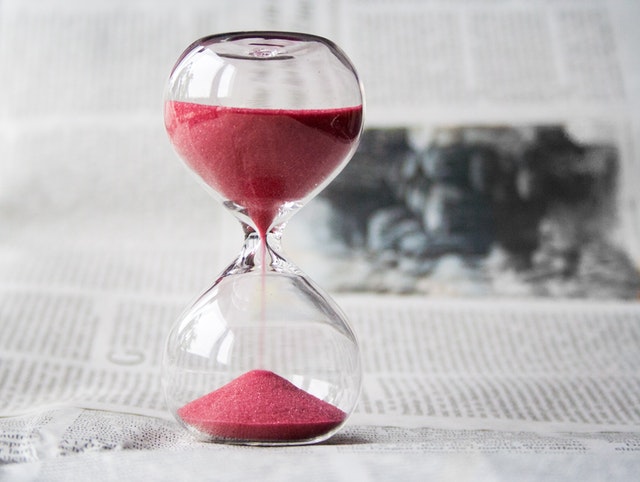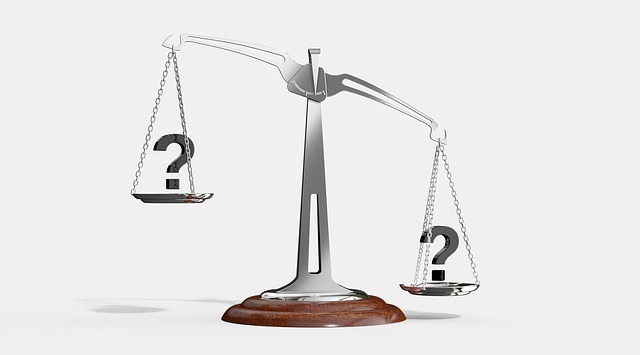As humans, we have dreams and aspirations, and it continues throughout our lives. When these dreams materialize, we come up with new ones. These aspirations and dreams become our goals. However, because they keep changing, there are two main types of goals: end goals and means goals. If you are wondering, “End goals vs. means goals – what’s the difference?” we explain that below.
Differences Between End Goals and Means Goals
It’s important to be able to differentiate end goals vs. means goals, as it will increase your chances of achieving them. End goals are your destinations, while your means goals are the routes or paths you’ll take to reach the destinations. Means goals are also the means of transportation to the destinations.
Duration

End goals are usually long-term goals, while means goals are short term goals. In fact, it is safe to say that means goals are steps you take to achieve your end goals. It often takes several years to achieve end goals. That’s why they are sometimes called life goals.
Flexibility

End goals are not very flexible. No matter the obstacles, people don’t change their end goals. On the other hand, means goals are very flexible. If a certain route to your destination is blocked, you’ll find an alternative route. Think of it in terms of travel. If there’s no straight flight to a location, you can take a connecting flight. Likewise, if you’re not successful in getting a bank loan for your new business, you can source a loan through another means.
Scope

Means goals are narrow in scope, while the scope of end goals is usually broader. That’s why it sometimes takes several years to achieve an end goal – there’s so much more territory to cover. Additionally, end goals need to be broad, as they contain the more narrow means goals.
Progress Assessment

It is difficult to track the progress of your end goals, but you can easily assess your means goals progress. In some cases, the outcome of some means goals denote the progress of an end goal. If your goal is to shed at least 50 pounds, the amount of weight lost at any given time is a good metric to assess your progress. That’s why it’s important to tackle the weight loss in not one big block but smaller blocks, so you can achieve smaller means goals along the way to that final end goal.
End Goals vs. Means Goals – Which Is More Useful?
The answer to this question depends on the perspective you want to take. On the one hand, you could say end goals are the real goals because means goals are just bridges to achieving your goals. Without end goals, there would be no means goals. In a way, you’re right. However, sometimes you set means goals before linking them to a bigger end goal.

For instance, your goal may be to become a musical artist. After working toward being an artist for several years, you then find that being a singer isn’t the end goal. The end goal is to become rich and famous. You only chose that career because it was a sure way to be rich and famous.
On the other hand, without means goals, your end goals would remain mere dreams. Perhaps it’s more true to say both types of goals are useful in different ways. Entrepreneurs and business managers need means goals as much as end goals. They want to grow/expand the business and make a profit. They need to come up with different plans, policies, and strategies to achieve that goal with the business. These plans and strategies are the means goals.
Conclusion
When it comes to end goals vs. means goals, you need both types to be productive as a person and in all your endeavors. It gives you a sense of purpose and direction. Without goals, you may just be floating in the sea of life. You would be at the whim of current tides. You need an end goal, a destination of where you want to end up, as well as the routes or means goals to get there. If you’re unsure how to set goals, read on to learn four ways to set goals you can actually achieve.

